Hindu Values and Traditions: A Spotlight on Student Group Harvard Dharma
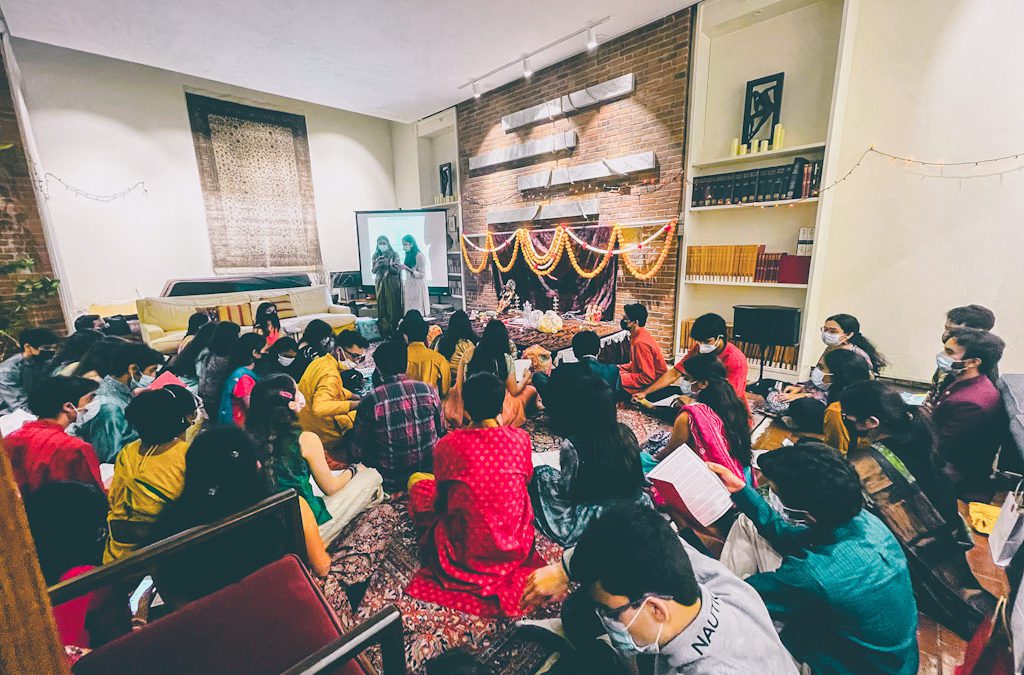
The Mittal Institute sat down with Harvard Dharma co-presidents Kavya Shah ‘23, Dhwani Bharvad ‘22, and Varun Tekur ‘22 to learn more about Dharma and its role on campus.

The Mittal Institute sat down with Harvard Dharma co-presidents Kavya Shah ‘23, Dhwani Bharvad ‘22, and Varun Tekur ‘22 to learn more about Dharma and its role on campus.

It started as a solution to a challenge: how do we help students from India’s government schools follow their dreams and explore their curiosity towards science, technology, and everything in between? The answer took the form of Scienspur: an initiative led by Nagaraju ‘Nag’ Dhanyasi and Vinay Vikas, who brought together their network of Ph.D.s and postdocs using a Mittal Institute grant to provide free science courses to students from public colleges across India.
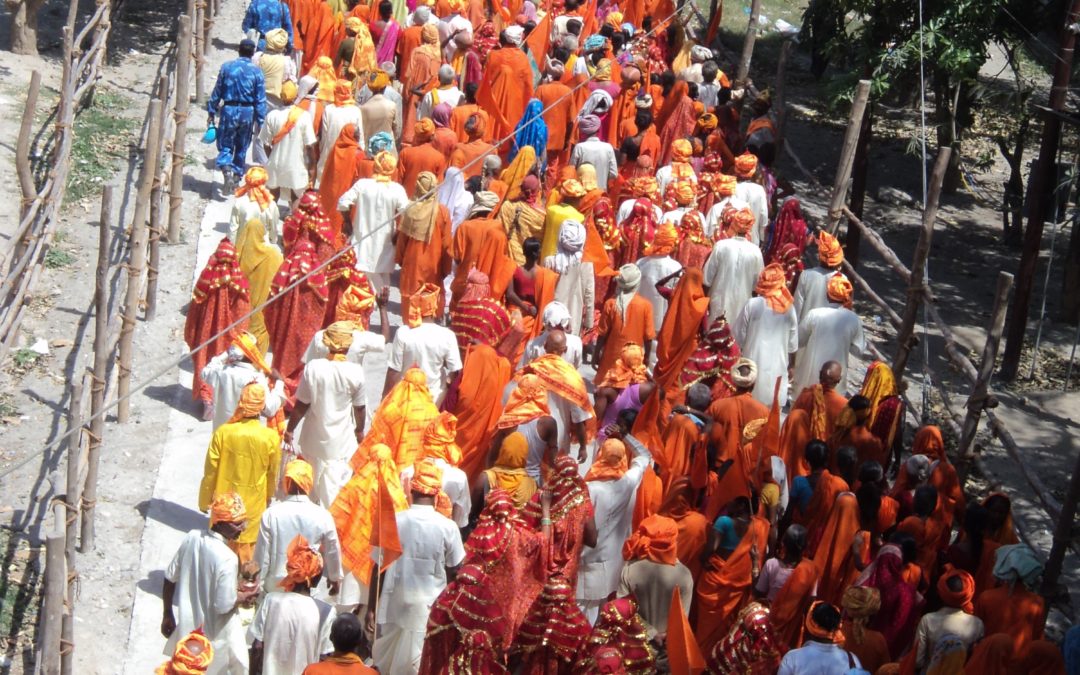
Sujata Saunik, former Mittal Institute Research Affiliate and current Additional Chief Secretary of the Government of Maharashtra, spoke with the Mittal Institute about her new book, “Deconstructing the Kumbh Mela: Nashik-Trimbakeshwar 2015 – A Public Health Perspective,” which details some of the underpinings of planning the Kumbh Mela. She was the Principal Health Secretary during the 2015 Kumbh Mela, and in the book documents the detailed planning, preparedness and foresight necessary to plan an event of such magnitude. Sujata says the book is a celebration of the zeal of the entire workforce that is involved in the event, and she shares her experience in the interview that follows.

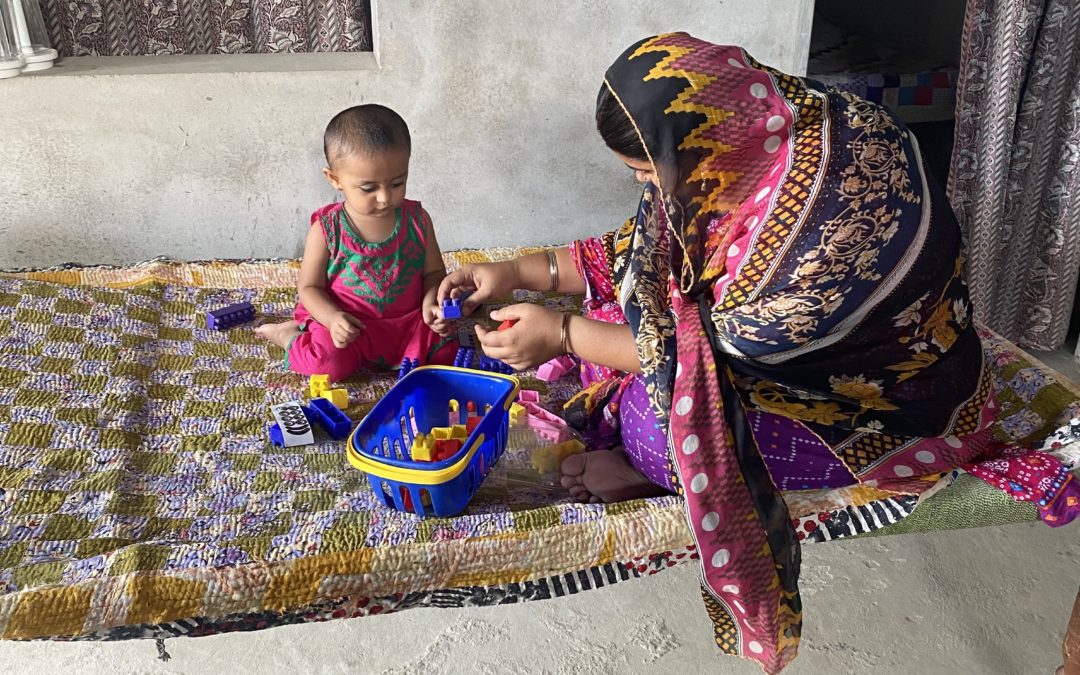
Elizabeth Hentschel, a doctoral student in the Department of Global Health and Population, based at the Harvard T.H. Chan School of Public Health, spent this past summer working in-country in Pakistan on a dissertation research project, “Measuring Nurturing Care: A Pathway to Healthy Child Development and Protection.” Funded in part by a Mittal Institute Summer Research Grant, Elizabeth’s project took her to Naushahro Feroze, in the Sindh Province of Pakistan where she spent a month at a child development research site. She lead the efforts to create two evidence-informed measures for assessing responsive care and early learning for children.

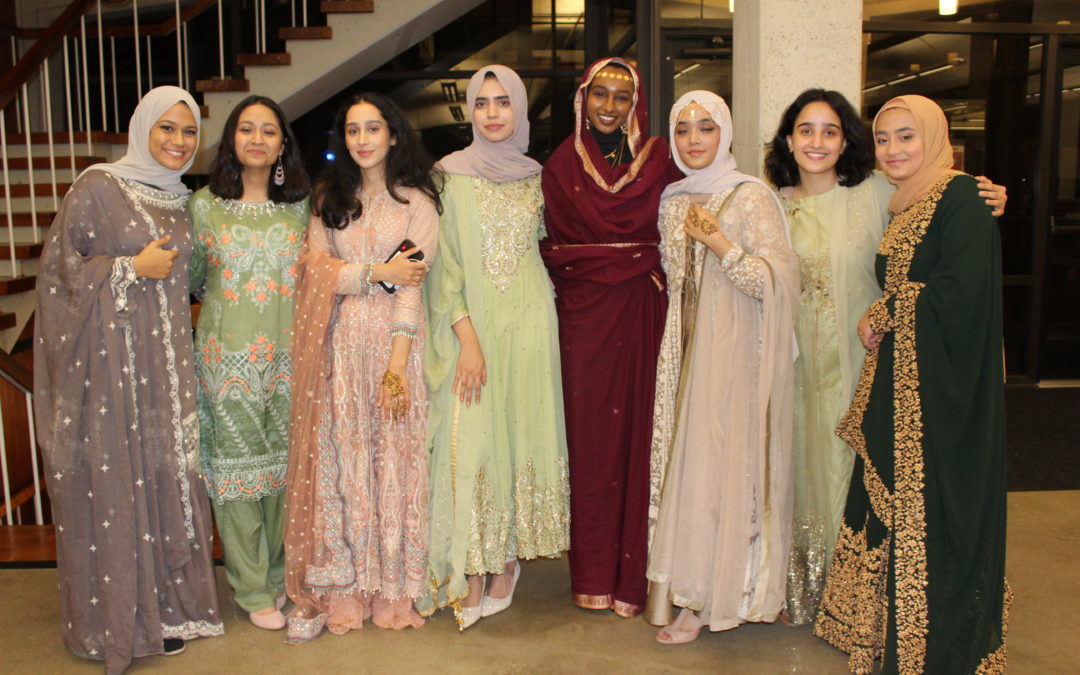
For the past decade, the Harvard College Pakistani Students Association (HCPSA) has shared the vibrant history and culture of Pakistan with the campus community. HCPSA is dedicated to creating inclusive, social spaces for Pakistanis and advancing meaningful discourse about prominent Pakistani issues, events, and politics. Each year, they host academic programming that celebrates Pakistani heritage; organize events like Cultural Night and moving screenings; and educates Harvard students about Pakistan’s culture. The Mittal Institute sat down with co-presidents Iqra Noor ‘23 and Hamaad Mehal ‘24 to learn more about mission of the HCPSA.

Aakrity Madhan, a Masters of Design Studies candidate in the Harvard Graduate School of Design, received an LMSAI student grant to carry out an in-country study of India’s construction and demolition waste. Her project, “Circularity in Construction and Demolition Waste Management,” explored the life-cycle of waste, and offered some suggestions to lesson its climate impact. She shares her findings in a reflection.

Founded in 1986, the Harvard South Asian Association (SAA) is one of the largest and most active student groups on campus. The focus of their 300 members – who span myriad ethnicities, religions, and interests – is to bring the Harvard community closer to South Asia through academic, political, social, outreach and cultural initiatives. They host more than 100 different events each year to celebrate and foster awareness of South Asia. The Mittal Institute sat down with two of their Board members, Varshini Odayar and Siona Prasad, the co-presidents to learn more about the Harvard SAA and their own place in the student group.
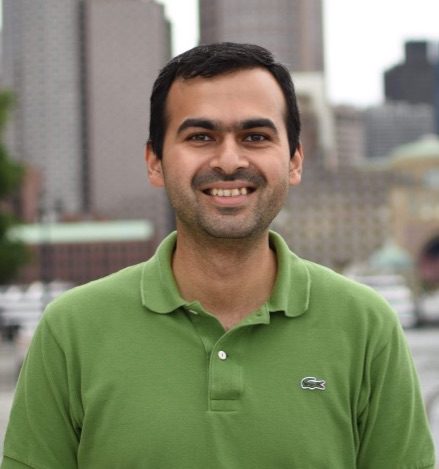
Akshay Dixit, a Mittal Institute Graduate Student Associate, is a Ph.D. student of Political Economy & Government at Harvard University. He is a James M. and Cathleen D. Stone PhD Scholar in Inequality and Wealth Concentration, and a recipient of the Amartya Sen Fellowship for Students from India. He is interested in studying how people form beliefs about fairness and inequality, and how that shapes their support for redistributive policies. In ongoing research with Rachel Brulé, he is examining the effect of climate change-induced weather shocks on women’s collective political engagement in Bangladesh. In the past, Akshay has done research on youth civic engagement and accountability in public services, as a Research Fellow at Harvard Kennedy School, and prior to that at Save the Children. He spent two years in Bangladesh as a Research Associate at Innovations for Poverty Action. The Mittal Institute sat down with Akshay to learn more about his research and future aspirations.
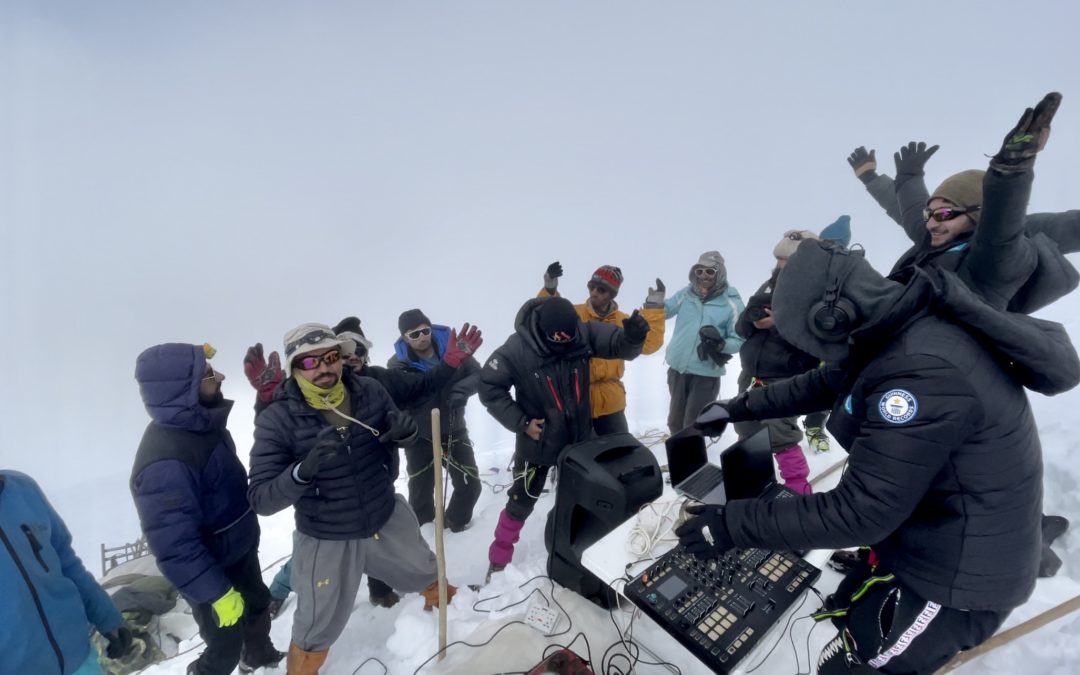

Scienspur is an initiative that provides free science courses online to promising undergraduate and master’s students at public colleges in India’s rural areas.